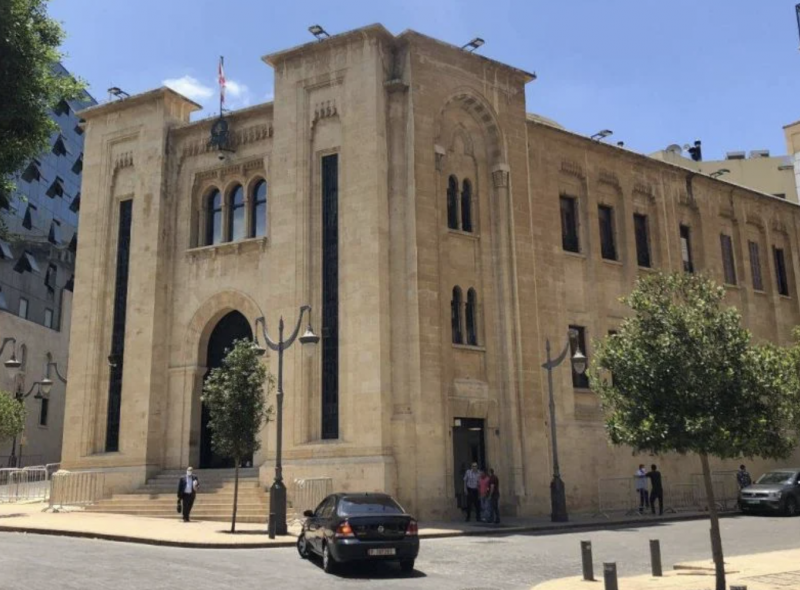
The Lebanese Parliament building in downtown Beirut. (Credit: Philippe Hage Boutros/L'Orient-Le Jour)
Drafting a budget is one of the main tools to ensure that public finances are managed in a coherent way over a given year.
It provides an overall picture of how much money the public administrations and institutions will be able to collect, and what they will be able to spend it on, whether it is to meet day-to-day costs or to invest in long-term projects.
This is why it is generally desirable for the budget to be structured around a strategy — so as to achieve economic and social objectives — the fruits of which will be reaped at a future date, and the costs of which will have to be met in the meantime.
In a democratic state, even in one as peculiar as Lebanon, the cabinet drafts the budget. It is up to the MPs to adopt it, insofar as it is the citizens, who through direct and indirect taxes, agree to finance the state services and debt.
The tax burden imposed on the citizens thus has a direct impact on the people’s ability to act as economic agents. For example, increasing a consumption tax (such as the VAT) too much in order to increase public revenue scan be counter-productive, as it can lead people to consume less and therefore pay less VAT.
The same type of side-effect needs to be taken into account when adjusting public spending: Cutting back too much on social expenditures can generate additional costs caused by social discontent, etc.
Lastly, one of the key roles of the budget, which is often forgotten, is that it enables a retrospective control of how public funds were spent and accountability of those who have exceeded the limits set.
In Lebanon, the Constitution and the law set out a precise framework and timetable for the adoption and implementation of the state budget. But these rules have almost never been respected since the end of the Civil War.
Combined with other decisions on the economic*, financial** and monetary*** fronts, the lack of budgetary discipline contributed to the accumulation of deficits. The deficits can only be eliminated by borrowing on the markets, pushing slowly but surely, towards the abyss of insolvency.
In 2019, when the crisis erupted, Lebanon accumulated a debt amounting to three times its GDP, while two-thirds of its budget was devoted to repaying this debt and financing a public sector that is too large for the country’s needs.
The collapse of the lira and the subsequent default on the dollar-denominated debt, which the cabinet announced in March 2020, robbed any possibility for the country to borrow in order to finance government services.
As a result, public sector salaries, paid in Lebanese lira, were for a long time paid based the former official parity of LL1,507.5 to the dollar, to the point that they were worthless, as were the budgets of public institutions, which contributed to the paralysis of the most basic state services (such as issuing passports).
In 2022, the authorities began to interfere by adopting a budget that only began to be in force a month and a half before the end of the year, but which only enacted some changes.
Some taxes and levies began to be raised, as did civil servants’ salaries. In the months that followed, and in accordance with the provisions voted in the budget paving the way for these changes, the official exchange rate was increased from LL1,507.5 to LL15,000. The rate used to calculate the VAT and customs duties gradually began to become aligned with the exchange rate on the market.
With the 2023 budget whisked away, officials and MPs now have the opportunity to push the process of correcting public finances further, if not to the end, and to re-establish some semblance of budgetary organization.
One question remains in the short term: Will these measures really help to put public finances on a sounder footing, or will they simply allow the state to dip into taxpayers’ pockets to finance its lifestyle?
* Favoring the development of services over productive sectors, which allowed the country to export more and limit imports.
** Encouraging Lebanon to borrow in dollars via Eurobonds and letting the central bank and banks buy up too much debt, even when the country’s situation had become extremely perilous.
*** The costly policy of stabilizing the exchange rate from the end of the 1990s to the end of the 2010s.
This article was originally published in L'Orient-Le Jour. Translated by Sahar Ghoussoub.